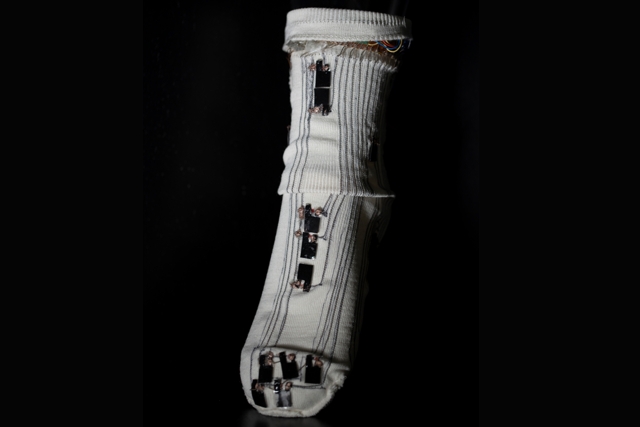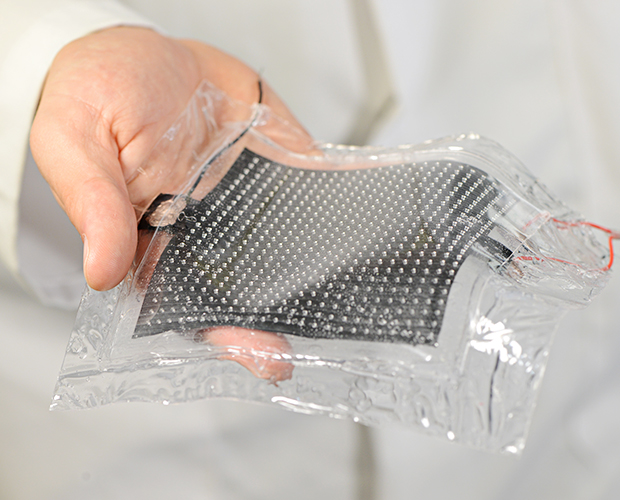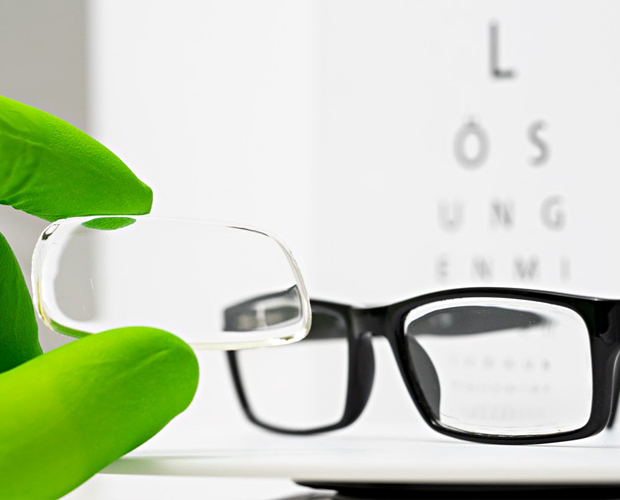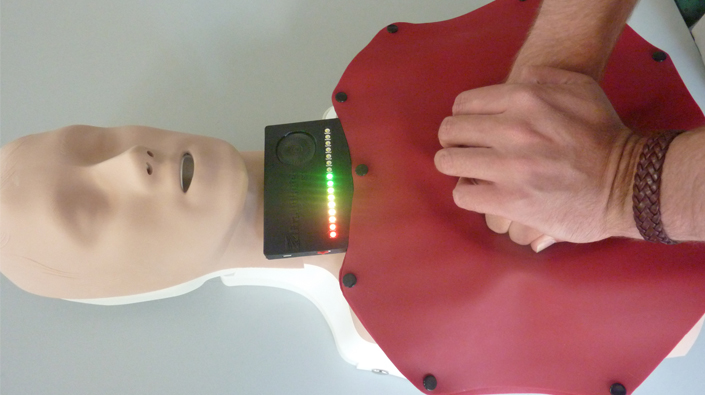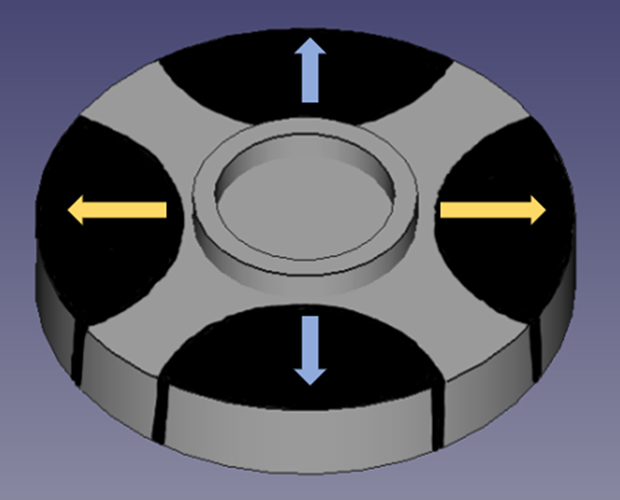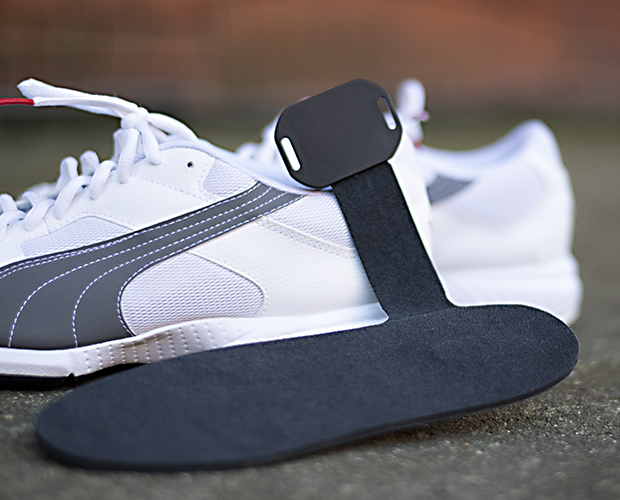Medical technology has made enormous strides in recent years and plays a crucial role in the diagnosis and treatment of patients. The integration of various sensor technologies enables precise and reliable data collection on the body's condition, thus facilitating accurate and personalized treatment.
In medical technology, skin-friendly, soft, and easily stretchable silicones can be used as sensors to measure pressure, strain, and body loads, such as posture or breathing. CeSMA has developed methods to combine these sensors with textiles to simplify the application for the user.
Silicone films filled with conductive particles can be used as electrodes to capture ECG and EMG signals or transmit stimulation impulses for EMS or TENS. These electrically conductive elastomer films can also be used as stretchable heating films or to stimulate biological cell tissues.
